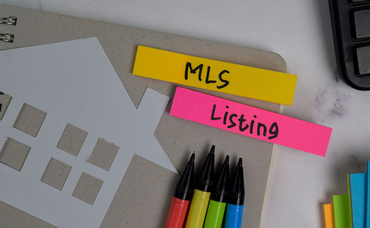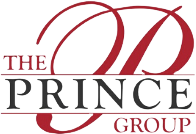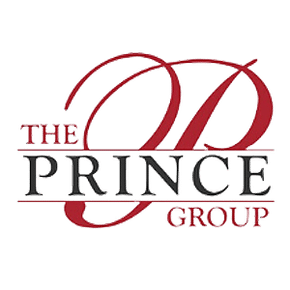When you’re buying or selling a home, it can be difficult to get closing costs explained in a way you understand easily. From knowing whether your purchase is subject to an escrow deposit to knowing who pays the appraisal fee, it can be confusing. Closing costs – or the fees associated with the purchase of a property – are paid at closing, when the property changes hands. Some of the most common closing costs are explained here for both buyers and sellers in Walton County.
APPLICATION FEE
This is a fee that covers the cost for the lender to process your application for a mortgage. Some lenders collect this fee upfront, but many wait until closing to collect it. You should be told upfront how much your lender charges as an application fee.
Before you submit a mortgage application, ask your lender what this fee covers, and get these closing costs explained. It can include items such as a credit score, but it also can cover things such as a property appraisal. Knowing just what the application fee covers can help you better anticipate other potential closing costs.
APPRAISAL
When you purchase a home, many lenders require an appraisal by a professional. This appraisal is used to determine the fair market value of the home and puts it up against properties of similar size and in a similar location to yours.
Most often, the buyer pays the appraisal fee, but this may be an item you can negotiate in your contract.
ATTORNEY FEE
This pays for an attorney to review all your closing documents, and the attorney can work on behalf of either the buyer or the lender. Having an attorney look over the closing documents isn’t required in all states, but it’s often a good idea to have a third party look over the documents so you know that everything included in them is legal and typical.
CLOSING FEE
A closing fee is paid to the title company, escrow company, or attorney for conducting the closing. This person acts as a neutral third party in the transfer of the home, and some states require that a real estate attorney be present even if you’re using a title or escrow company.
You can get these closing costs explained by your lender or the person managing the closing.
COURIER FEE
This covers the cost of transporting documents so that a loan transaction can be completed as quickly as possible.
HOME INSPECTION
Home inspections often are required by lenders, but many sellers also elect to get their own inspections. This fee can be negotiated between the buyer and seller to determine who pays it.
ORIGINATION FEE
This fee covers the lender’s administrative costs, typically adding up to about 1 percent of the total loan. Some mortgages come without origination fees, so look around if you want to find a way to save this fee.
PRIVATE MORTGAGE INSURANCE (PMI)
If you’re making a down payment of less than 20% of the purchase price, you likely will be required by the lender to pay PMI. Some lenders require that you pay the first month’s PMI at closing.
RECORDING FEES
When a home changes hands, that change must be recorded by a local recording office. This recording often comes with a fee.
TITLE SEARCH
This fee is paid to the title company, who does a search on the property’s records to make sure that the sale will be legal. This is another fee that may be negotiable between buyers and sellers.





 By submitting information, I am providing my express written consent to be contacted by representatives of this website through a live agent, artificial or prerecorded voice, and automated SMS text at my residential or cellular number, dialed manually or by autodialer, by email, and mail.
By submitting information, I am providing my express written consent to be contacted by representatives of this website through a live agent, artificial or prerecorded voice, and automated SMS text at my residential or cellular number, dialed manually or by autodialer, by email, and mail.
